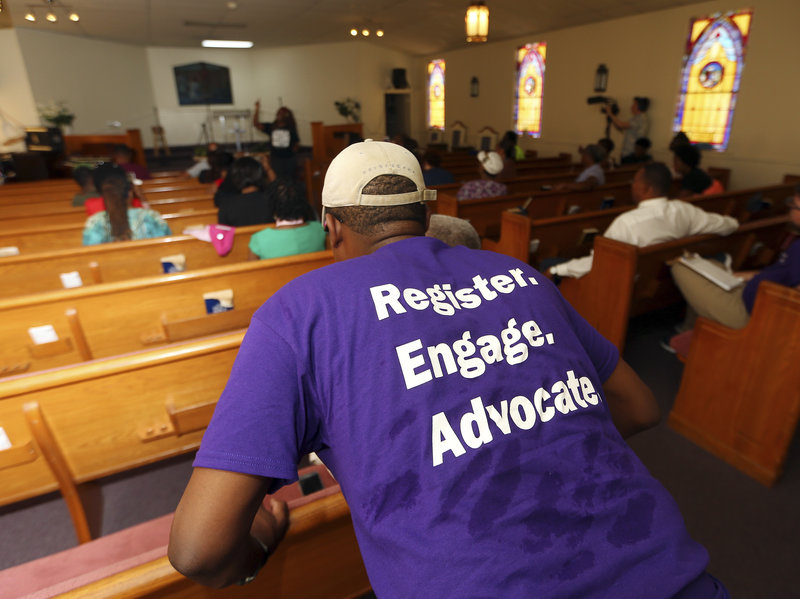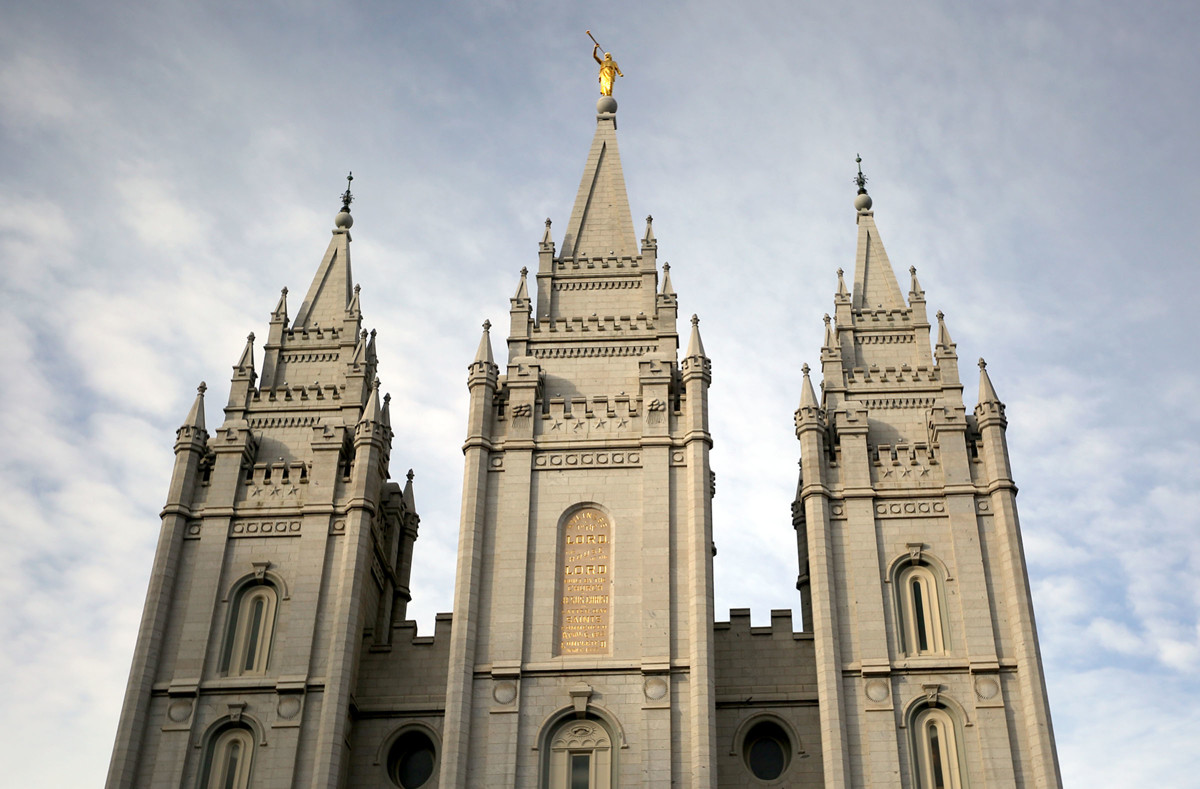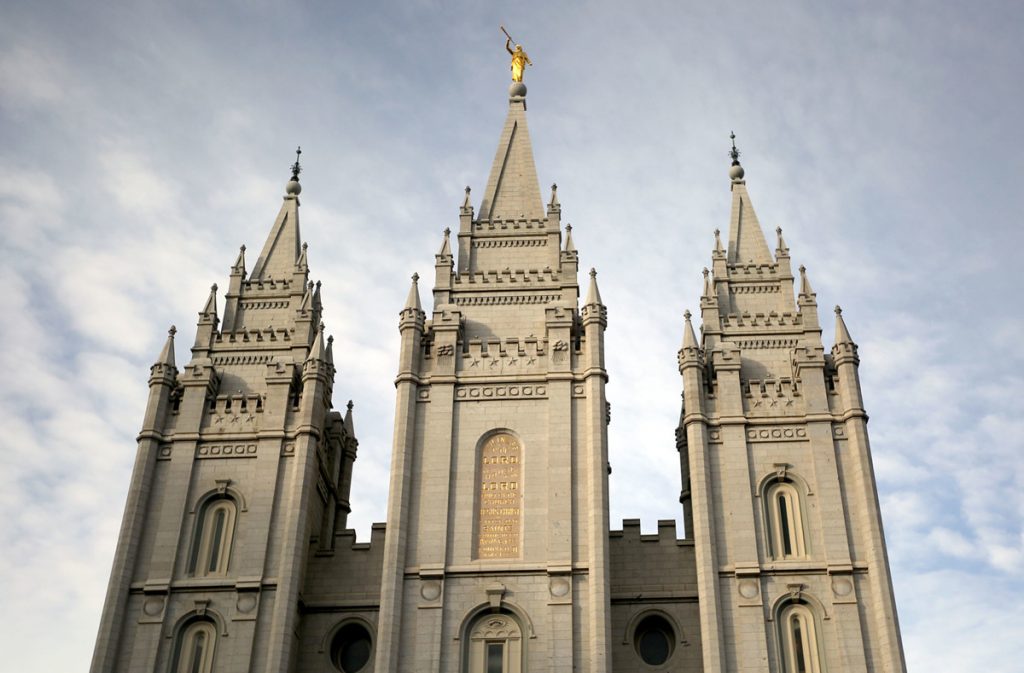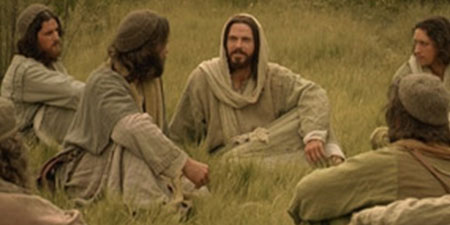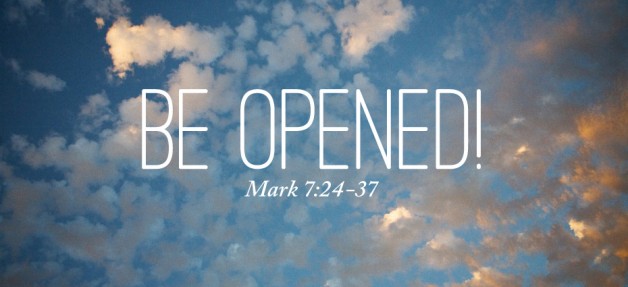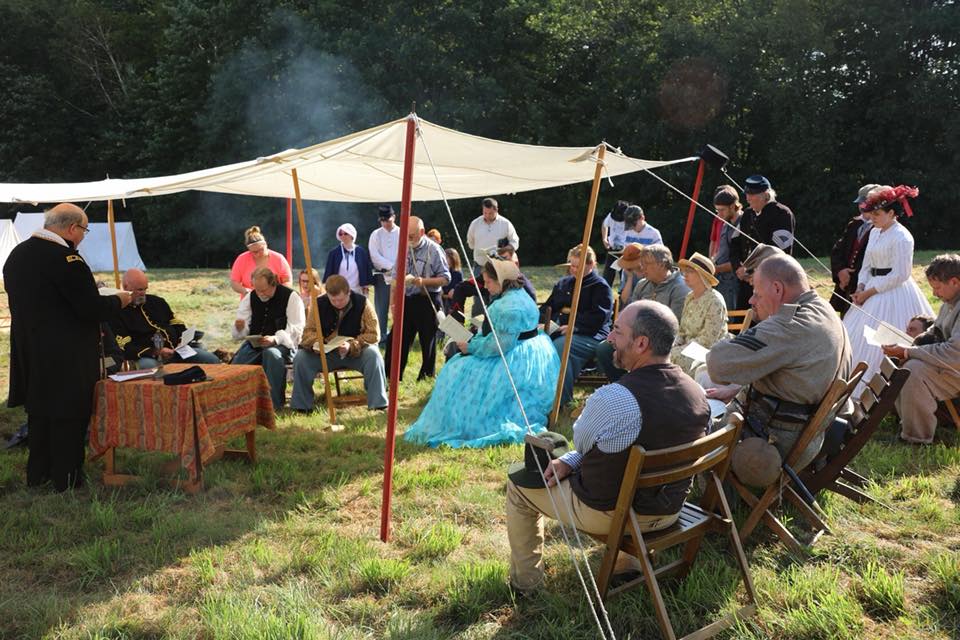
When you meet someone for the first time, you might ask them their name and where they are from. As the relationship continues you find out more about them, are the married? Do they have children? If you are applying for a job, the interviewer might wish to dig into your past and ask about where you went to school or your professional training. All of these questions move us towards a greater knowledge of each other as we discover more and more about each other.
The same seems to be true in the gospel passage we have heard today. Jesus asks his followers, “Who do others say that I am?” His disciples seem to be unsure. They respond, “Some say John the Baptist, others say Elijah, and others say one of the prophets.”
However, then the question the question becomes much more personal as he asks those in his inner circle, “Who do you say I am?” Immediately Peter responds, “You are the Christ.” Also, Jesus tells them, “Don’t tell anyone.” There is uncertainty as to who Jesus is, and it becomes clear that the vast majority of those following him have no idea who he is, including those in his inner circle.
When Jesus appears on the scene, the Jews have been waiting for the Messiah for a very long time. They have been in and out of captivity since Moses led them through the wilderness out of Egypt and now they face captivity under the Romans. Some in the Jewish community were looking towards the Messiah as the one who would come and break the hold that the Romans had on them, this Messiah would be a military leader who would raise the people up in revolution and break the shackles that held them and free them politically.
This question of the military leader comes up time and again concerning Jesus. “Philip found Nathanael and told him, ‘We have found the one Moses wrote about in the Law, and about whom the prophets also wrote—Jesus of Nazareth, the son of Joseph.’ ‘Nazareth! Can anything good come from there?’ Nathanael asked. ‘Come and see,’ said Philip.” John 1:45-46.
Nazareth was the back of the beyond and nothing good, especially not someone that was going to defeat the Romans was going to come from there. Nathanael was one of the ones standing there when Jesus asked: “Who do you say I am?” We only hear Peter’s response so was Nathanael still not sure? We don’t know.
So historically who was Jesus?
We can look through the pages of scripture to determine he was, born in Bethlehem to Mary and Joseph who was his stepfather. He was a refuge have to flee from Herod when he was tiny and lived in Egypt for many years. He trained as a carpenter, like his stepfather Joseph. We know very little about his childhood other than when he was 12 he got lost in Jerusalem and was found, by his parents, in the temple. He look astonished when they chastised him, and he said, “Why were you searching for me?” he asked. “Didn’t you know I had to be in my Father’s house?” Luke 2:49
We know that his stepfather died sometime after that because he is not at the wedding at Cana with Jesus and Mary. It was at that wedding that Jesus starts his public ministry with the changing of the water into wine. We know John baptized him in the Jordan. We know he spent 40 days in the desert being tempted by the evil one. We know, or at least we think we know, he was never married nor had any children. We know he was a charismatic, itinerant preacher who liked to stir things up. We know he was an agitator against the Romans and the religious leaders of his day. We know he was a radical in his thoughts on caring for and loving others. We know he was a healer and a reconciler and one who cared deeply for everyone, not just a few. Jesus was very political, but he was not partisan. His methods got under the skin of those in power which he spoke truth to on every occasion.
We know he was betrayed, turned over to the Romans, tried in a kangaroo court, which wanted to release him. We know he was crucified, died, was buried, and rose on the third day and eventually ascended into heaven. We know all of these things from scripture and history.
Now, since the time that Jesus walked on the earth it has been determined that Jesus is the Son of God, he says so in scripture, but it is confirmed. We know that he was both human and divine, an argument that led to the first division in the church around 325 AD.
Since the time Jesus walked on the earth multiple wars have been fought in his name. An untold number of people have been slaughtered, and continue to be murdered in his name. Since the time the healer and reconciler walked on the earth, an untold number have been cast out of his “church” and told they are not wanted by the one who welcomed all. Since the time the Holy One walked on the earth the church that was founded in his name has risen, and fallen, from political power and causes the suffering of millions of people. Since the time the one who commanded us to love everyone walked on this earth his followers, and his ministers have caused physical, emotional, and spiritual harm to those who wish to follow the Savior. Moreover, from the time Jesus walked on the earth and gave his life for all, many have been told they are not worthy of the love of God. All of this has been done in his name.
So all of that answers the first question of Jesus for us this morning, “Who do others say I am?” Now comes the hard, personal question, who do you say he is?
When I was younger, I was out with a priest friend of mine, and we were discussing all things religious. In the middle of the conversation he stopped, looked at me very serious, and he asked me, “Who is God for you?” I did not know how to answer since I had not only ever been asked this question before I guess I never really thought about it. At the time the movie “O God” was very popular; you know the one with George Burns as God and John Denver as the one looking for God. So it the heart of the moment I blurted out God is George Burns! Ultimately my priest friend was not satisfied with my theological understanding of the Godhead, but he let it pass for the moment. However, what he did say was that we all see God, and Jesus, differently as we are all different people.
I am not particularly eager to share my image of my Jesus because I do not wish to sway anyone but I will share with you today how I picture Jesus.
For me, Jesus is a dark-skinned man with a radical theology who is not afraid to mix things up. He is compassionate and loving and accepting of everyone, even those he disagrees with. Jesus is forgiving, even of those who are murdering him. He goes along when he needs to, but he is not afraid to flip over the tables when necessary. Jesus is concerned about the greater good not the narrow opinions of political or religious leaders. He is a firebrand preacher that tells it like it is and is not afraid to take a position that is not popular but righteous. Jesus is someone who believes that love is the ultimate goal as Jesus was willing to sacrifice it all not for some political or religious purpose but just because he loved. He is someone who is willing to sacrifice everything he has to feed, clothe, and house people. Jesus is the one who reconciles people with each other and with their God. Also, he is someone who truly loves me and forgives me, and he accepts me just as I am. Moreover, Jesus is the one who calls me to follow him and the one who left me an example to follow. Also, he is the one who tells me, from time to time, to flip over the tables.
That is my Jesus, but the question remains, who do you say Jesus is?
Each of us has to determine who Jesus is for us. However, how do we do this? Just like in the relationship example I gave at the start, we get to know him through prayer and his words. Don’t let any politicians, television preacher, or even me tell you who Jesus is. You have to determine for yourself who Jesus is for you but I will caution you, if your image of Jesus does not include radical welcome and inclusiveness, if it does not include love for everyone especially those on the margins, if your image of Jesus does not involve feeding the hungry, clothing the naked, and house the homeless, without qualification, if your vision of Jesus does not include unconditional love for all then I am here to tell you that you have the wrong image of Jesus because every one of those things Jesus did in scripture and every one of those things Jesus commanded us, as his followers, to do. If your image of Jesus says it is okay to look at another human being, created in the image and likeness of God, and think they are less than you are because of their race, religion, sexual orientation, socioeconomic situation, the country they come from, their legal status, or their political party then that is not the image of Jesus from Scripture.
We must, all of, determine who Jesus is and help others along the way the time is here and the time is now.
